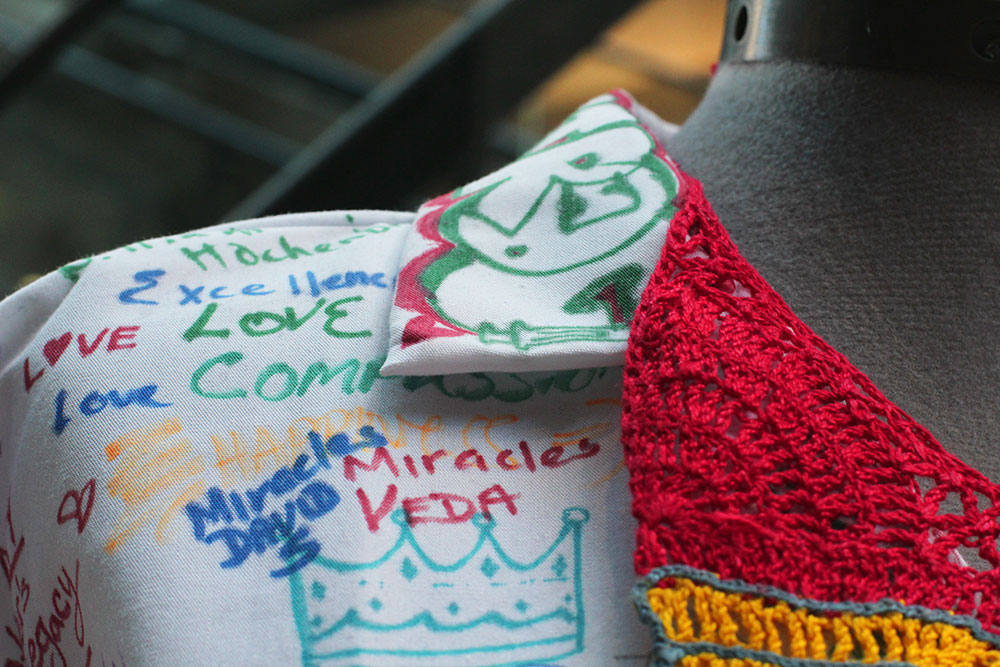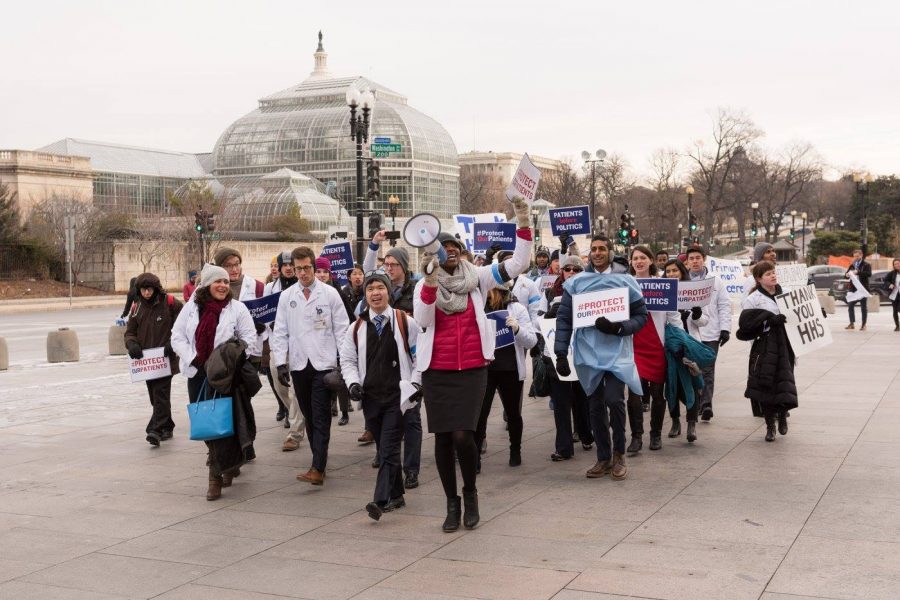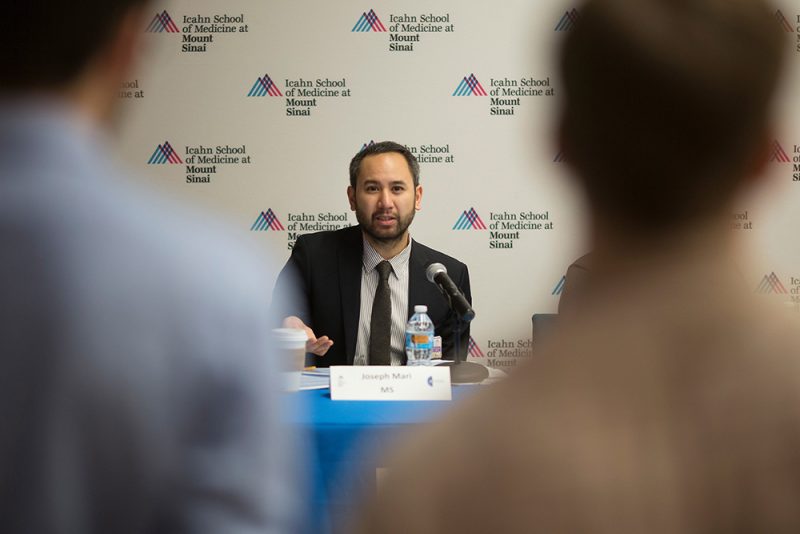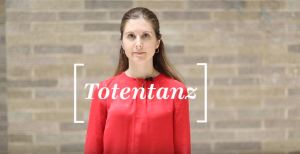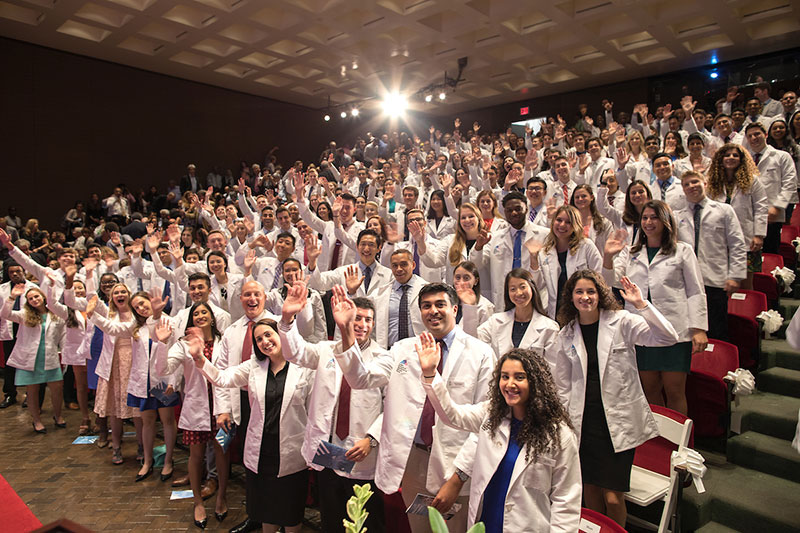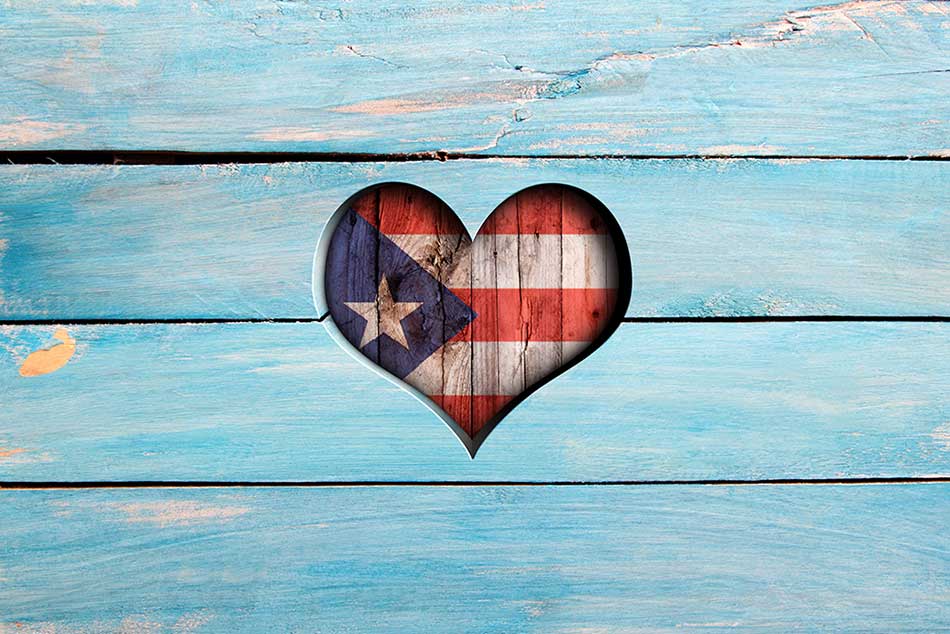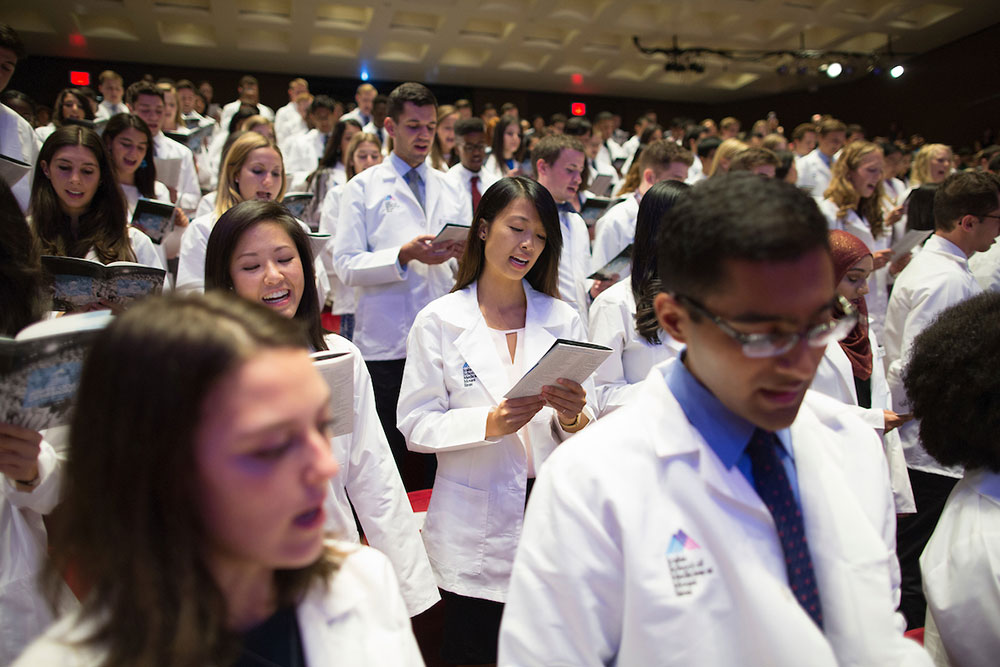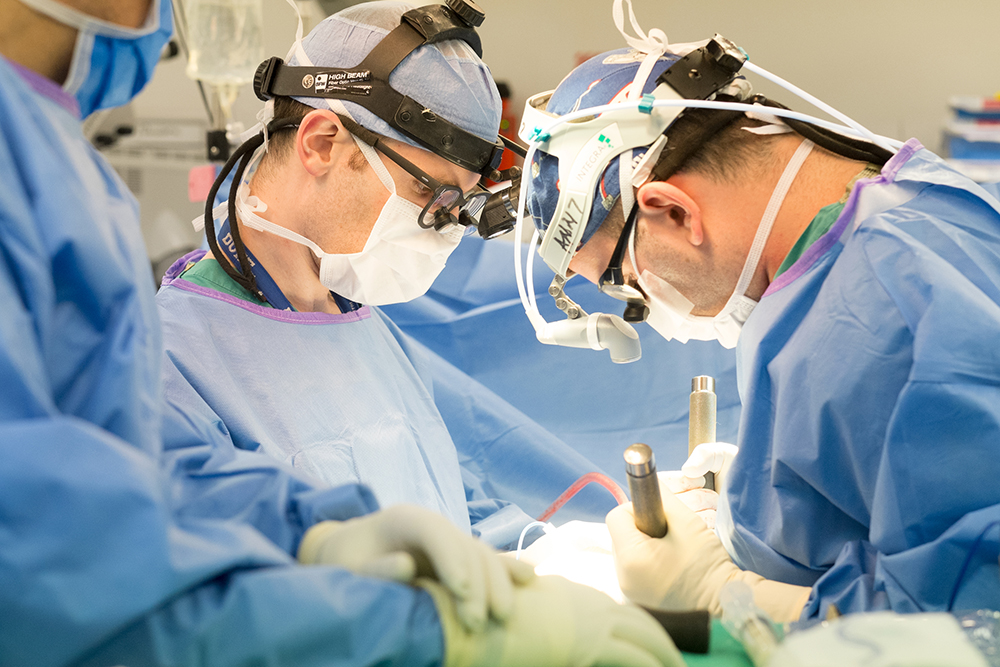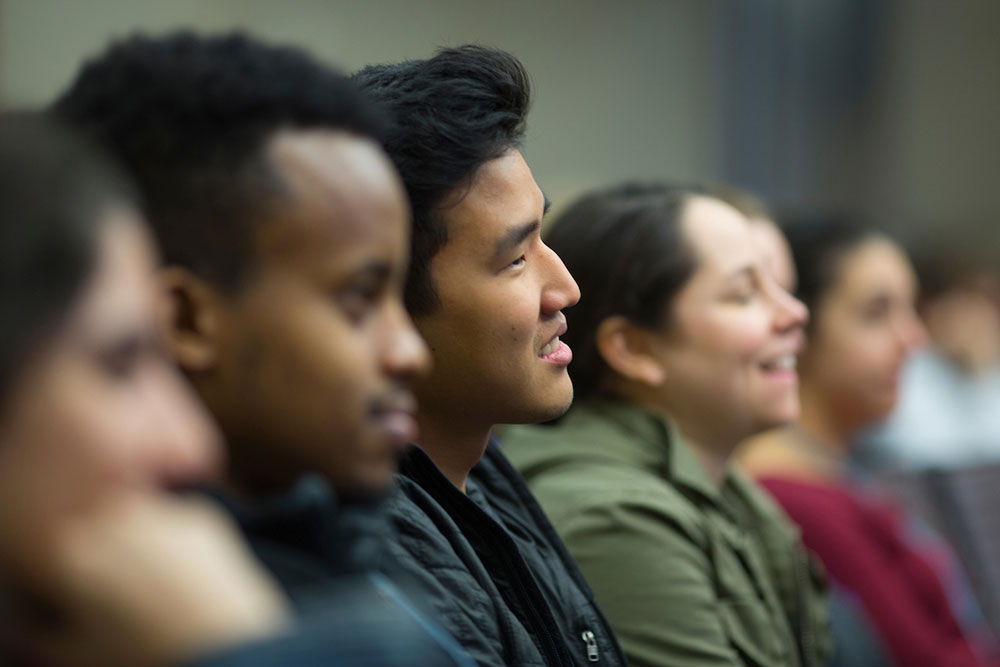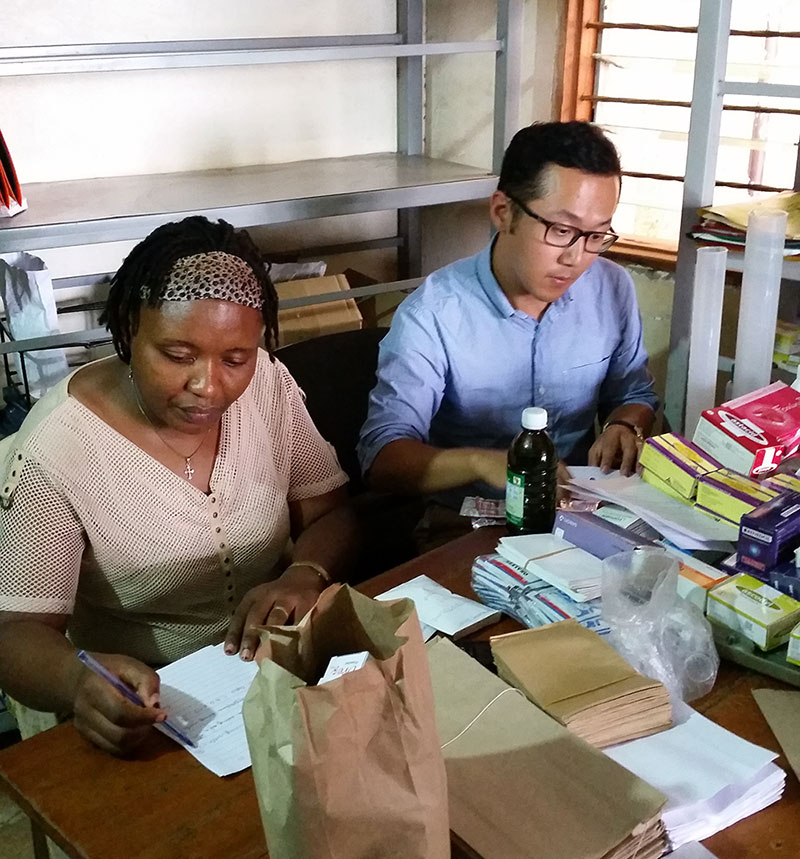(Continued from Part 1)
It was high-pitched and rose to reach a crescendo before giving way to racking sobs then slowly built up into the crescendo all over again. The research assistant came over to me looking extremely shaken and close to tears. This is what she narrated to me:
The woman just died. I asked the woman’s daughter if her mother would need any medical supplies but since she was unsure, she turned to her mother to inquire. Initially, it looked like she just could not be roused from her slumber. After several attempts at verbally rousing her, her daughter shook her lightly at first then more and more violently but to no avail. She had just died and we were sitting right there but had no idea.
I cannot begin to paint a picture of the distress that the young woman whose mother had just passed away must have felt at the time. In Ghana, death is a phenomenon that is shrouded in mystique. Rarely is it spoken of prior to its occurrence but once it happens, an elaborate ritual proceeds, with little done to actually address the emotional turmoil that the loved ones of the dead must feel. As I watched on, not once, did a health professional approach the wailing woman to comfort her. The body of her mother was left on the bench in the waiting area for over 30 minutes whilst an available stretcher was located. The other patients and caregivers looked on, perhaps praying that this would not be the fate that they would meet or maybe, resigned to reaching the same endpoint. Eventually, the old lady’s body was placed on a stretcher and wheeled off to a corridor just outside the waiting area. As of 2.30pm, when my team and I left the Radiotherapy department of the hospital, the body still lay at the very same position: untouched, unmanned, alone. The only indication that a death had occurred was the look of disgust etched onto faces of the health professionals as they were assailed by the stench from the old lady’s wounds.
For someone my age, I had seen many pass on. During the four years I volunteered at the Connecticut Hospice in Branford, I had held the hand of patients as they took their last few breaths; I had sat in a room in silence with the lone family member who had come to pay their final respects; I had sang hymns with families hoping to send their loved ones off ceremoniously. In almost every one of those encounters, the grieving relative who had been left behind always had the option of reaching out to one of the hospice staff and was assured a kind word, a warm hug or simply comforting silence. I did not see this today with the wailing young woman. My heart bled for her but I felt it was not my place to step in and perhaps I was wrong to think that way – perhaps that was exactly what every other health care worker who waltzed past told himself or herself. The truth is, as people, as individuals who make up a network much greater than ourselves, it is our place to step up and offer a shoulder.
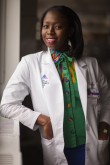 Efe “Chantal” Ghanney is an MD Candidate, Class of 2017
Efe “Chantal” Ghanney is an MD Candidate, Class of 2017



